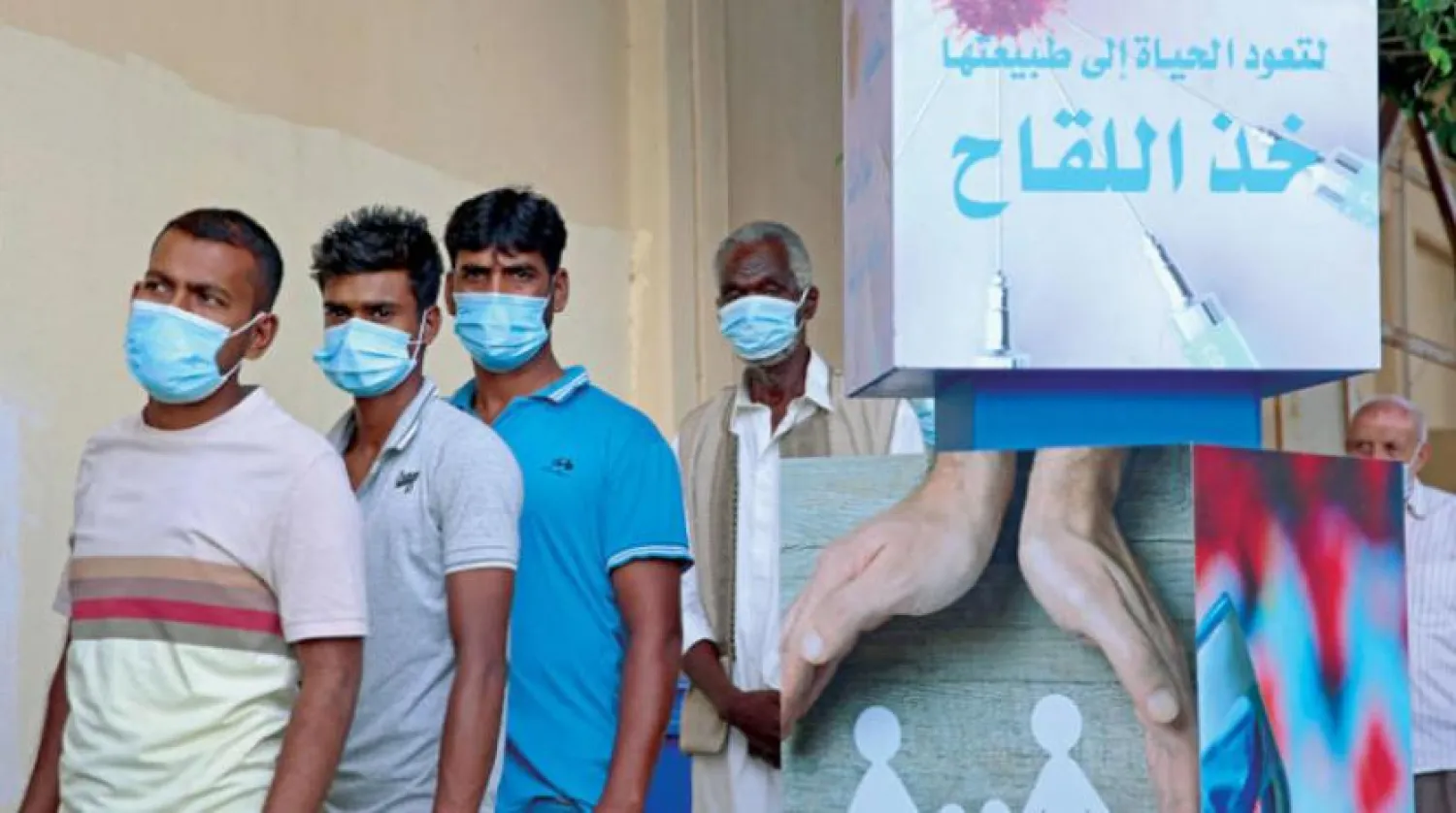Libya has started relaxing the coronavirus-related restrictions. The Government of National Unity announced that land crossings will reopen and air travel with Tunisia will resume as of Thursday.
However, it urged the people to continue to comply with preventative precautions to fight the pandemic.
Authorities stated that the epidemic situation in the country is reassuring following a decline in infections.
Official figures, however, showed that more than 2,000 cases were being recorded daily.
Minister of State for Cabinet Affairs Adel Gomaa directed Minister of Transportation Muhammad Salem Al-Shahoubi and Minister of Interior Khaled Mazen to reopen the border crossings with Tunisia.
Libya closed land and air borders with its neighbor in July in an effort to limit the spread of the virus.
Libya registered 2,325 coronavirus new cases and 12 deaths, said the National Center for Disease Control (NCDC) on Wednesday.
This brings the total number of COVID-19 cases since the beginning of the pandemic to 289,000 and 209,000 recoveries.
Malta and Greece have respectively sent 40,000 and 200,000 doses of the AstraZeneca vaccine to Libya. A total of 890,000 people have so far been inoculated.









